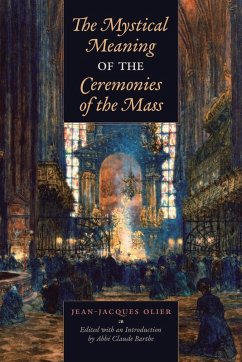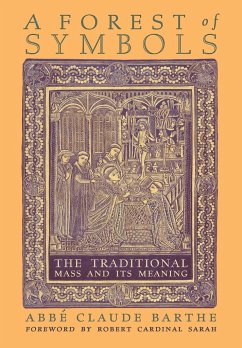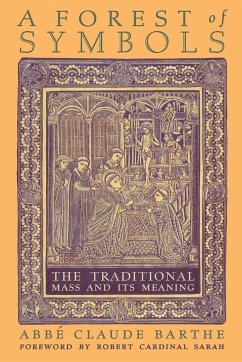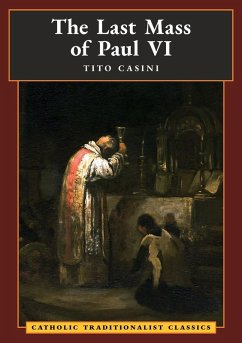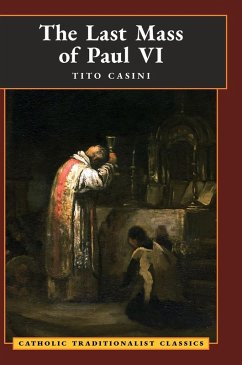Olier's The Mystical Meaning of the Ceremonies of the Mass, first published in 1657, and presented here with an Introduction by Abbé Claude Barthe, is an outstanding example of the application-to the liturgy and its actions-of the search for a deeper meaning that has also been so influential throughout the history of contemplative Christianity in the resonant, anagogical reading of the Bible. Olier shows us that there is nothing in the traditional Catholic Mass that lacks its own progressively deeper levels of meaning, and that for this reason cannot inspire in us new spiritual insights: new "visions of heaven." Olier writes as eloquently as he spoke; the flow of his eloquence carries us with him as he brings to light many a sparkling gem lying too long concealed in the spiritual treasure-trove of the Mass. To follow him in his inspired excavations is an unforgettable spiritual adventure of discovery.
Hinweis: Dieser Artikel kann nur an eine deutsche Lieferadresse ausgeliefert werden.
Hinweis: Dieser Artikel kann nur an eine deutsche Lieferadresse ausgeliefert werden.


